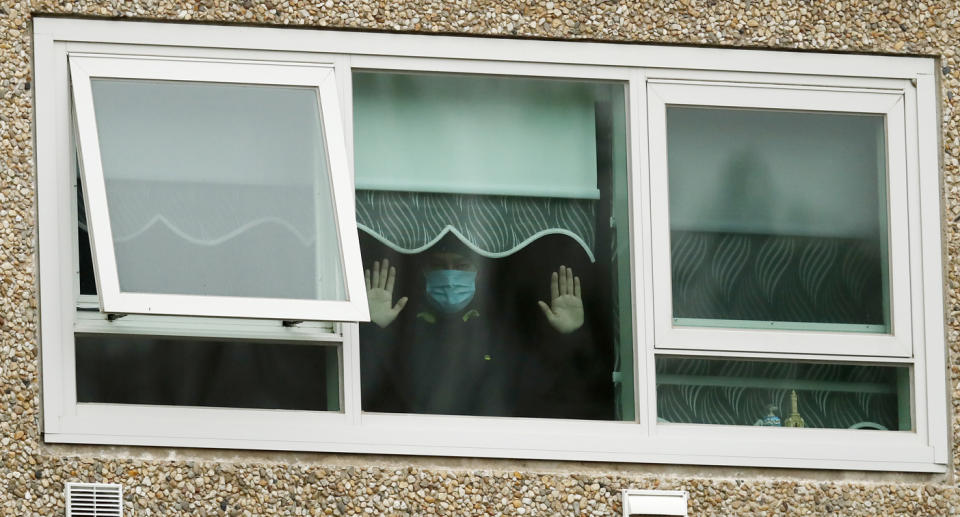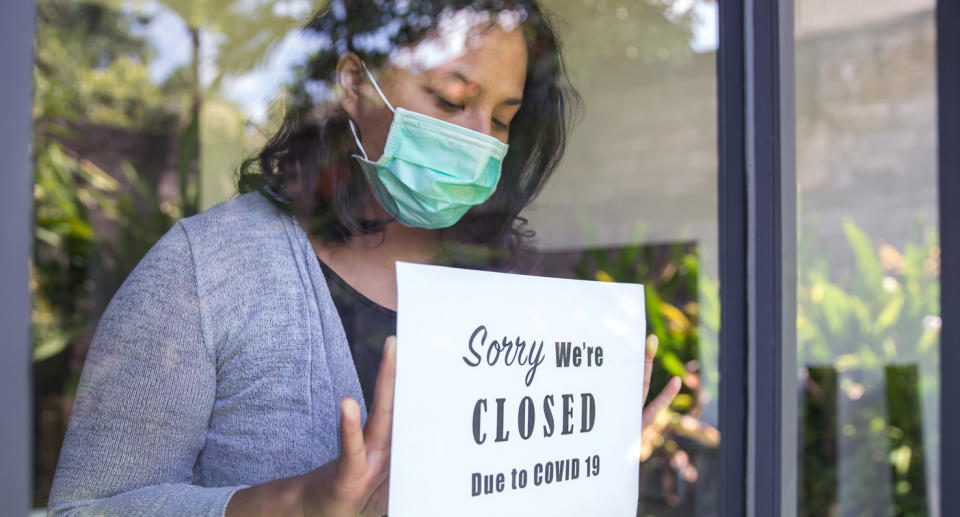'Irreparable damage': WHO's coronavirus lockdown U-turn
The World Health Organisation’s leading specialist on Covid-19 has warned against using lockdowns as a primary means of controlling the virus, stating it could have a dramatic impact on poverty.
WHO Director General Dr David Nabarro told world leaders the organisation doesn’t advocate lockdown, after previously cautioning that countries should be careful how quickly they reopen after lockdown during the first wave of coronavirus in March.
“We in the World Health Organisation do not advocate lockdowns as the primary means of control of this virus,” Dr Nabarro told The Spectator.

Lockdowns ‘double world poverty’, WHO says
Dr Nabarro said lockdowns have an intense impact on poorer communities, leaving them vulnerable to poverty.
“Lockdowns just have one consequence that you must never ever belittle, and that is making poor people an awful lot poorer,” he said.
“Look what’s happening to poverty levels. It seems that we may well have a doubling of world poverty by next year. We may well have at least a doubling of child malnutrition.”

Dr Nabarro added that countries who rely on tourism are particularly impacted by tight restrictions.
“Just look at what’s happened to the tourism industry in the Caribbean, for example, or in the Pacific because people aren’t taking their holidays.
The comments are an extraordinary backflip on advice given by WHO Director-General Dr Tedros Adhanom Ghebreyesus in March, advising countries to ease out of lockdown slowly, proving there is still much to be learned handling the ever changing pandemic.
Dr Tedros said that during lockdown countries need to introduce measures such as expanding training in the health sector and speed up testing before considering ending lockdown.
“These measures are the best way to suppress and stop transmission so that when restrictions are lifted, the coronavirus doesn’t resurge.
“The last thing any country needs is to open schools and businesses, only to be forced to close them again because of a resurgence,” Dr Tedros said at a press conference at the time.

Dr Nabarro seemed to echo the advice however he reiterated lockdown should be considered a last resort.
“The only time we believe a lockdown is justified is to buy you time to reorganise, regroup, rebalance your resources, protect your health workers who are exhausted, but by and large, we’d rather not do it,” he said.
The contradicting advice from WHO comes as a number of infectious disease epidemiologists and public health scientists call for an end to lockdowns, creating a petition called the Great Barrington Declaration.
The petition reads, “Current lockdown policies are producing devastating effects on short and long-term public health.”
The declaration claims current lockdown policies lower childhood vaccination rates, worsen cardiovascular disease outcomes, produce fewer cancer screenings and deteriorate mental health – leading to greater excess mortality in years to come.
“Keeping these measures in place until a vaccine is available will cause irreparable damage, with the underprivileged disproportionately harmed,” the declaration explains.
The petition calls for a “compassionate approach” called “Focused Protection” which the health experts involved claim will protect the vulnerable and allow those at minimal risk of death to “live their lives normally to build up immunity to the virus through natural infection.”
The petition has so far received 12,000 signatures, according to news.com.au.
Do you have a story tip? Email: newsroomau@yahoonews.com.
You can also follow us on Facebook, Instagram and Twitter and download the Yahoo News app from the App Store or Google Play.





